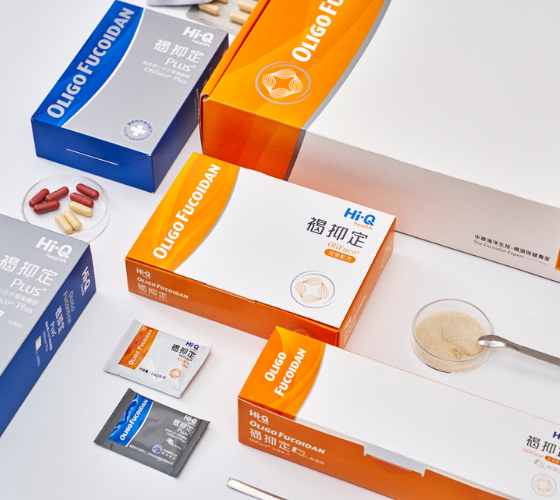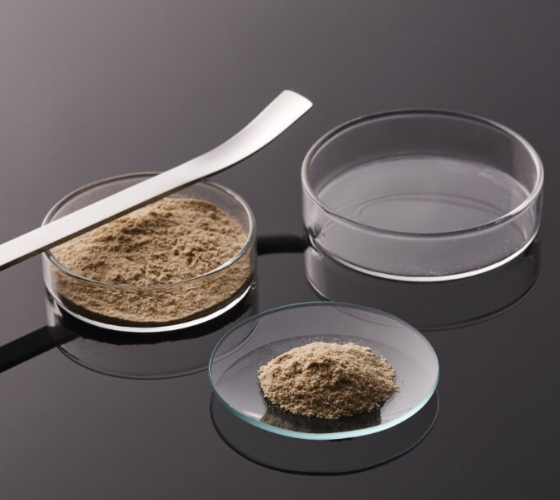Eating Right for a Speedy Recovery: Nutritional Care After Surgery

Undergoing surgery puts the body in a state of high metabolism, where the intake of nutrients becomes crucial for the recovery process. Post-surgery, nutrients such as calories and proteins are rapidly depleted by the body. Ensuring an adequate intake of nutrients is essential to prevent conditions like weight loss, weakened physical strength, or malnutrition.
Dietary Recommendations: After surgery, it's necessary to consume more and richer foods than usual, which can be a challenge for patients who have just undergone surgery. Here are some dietary suggestions to help patients obtain sufficient nutrition post-surgery:
Adequate Caloric Intake: You can choose high-calorie and easily digestible foods, such as quality carbohydrates (like whole grains, potatoes), and healthy fats (such as olive oil, nuts, and fish oil).
Prioritize High-Protein Foods: Protein is an essential nutrient for tissue repair and wound healing. You can consume lean meats, poultry, fish, tofu, dairy products, etc., which can be cooked into easily digestible forms like porridge or steamed eggs, reducing dietary barriers.
Consume Colorful Fruits and Vegetables: Include colorful fruits and vegetables such as red, yellow, and green ones. Fresh fruits and vegetables are important sources of vitamins, minerals, and antioxidants, which help boost immunity, promote tissue repair and wound healing, and reduce post-surgery inflammation.
Eat Small, Frequent Meals: Divide your daily meals into 4-6 smaller meals to avoid nausea and vomiting caused by overeating in one sitting.
Include Snacks Between Meals: When appetite is poor, snack on items like soy milk, tofu pudding, and sweet soups between meals to increase nutrient intake.
Limit Greasy Foods: When cooking, try to avoid using too much oil. Instead, use aromatic spices (like scallions, ginger, garlic, star anise, etc.) to add flavor and stimulate appetite.
Stay Hydrated: Dehydration may occur more easily after surgery, so pay special attention to drinking enough fluids.
Nutritional Plan Strategies:
- Accelerate Wound Healing and Tissue Repair: Focus on foods rich in vitamin C, protein, and vitamin A to promote faster healing and tissue regeneration.
- Prevent Malnutrition: Ensure an adequate intake of calories and B vitamins to prevent malnutrition and support overall health.
- Boost Immunity: Incorporate foods rich in vitamin C, vitamin D, and zinc to strengthen the immune system and reduce the risk of infection.
By following these dietary recommendations and nutritional strategies, patients can support their bodies' recovery process and promote optimal healing after surgery. Remember to consult with a healthcare professional or a registered dietitian for personalized nutritional advice based on individual needs and medical conditions.



